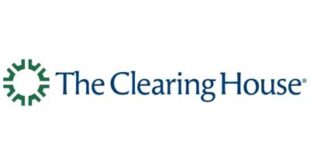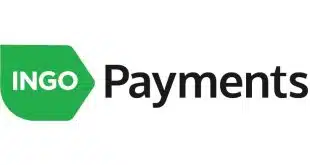Installment lending at the point of sale has drawn both startups and established companies, including banks, in recent years, but who among consumers finds that offer most attractive? The answer, according to New York City-based Auriemma Research, is consumers who pay with debit cards exclusively or say they prefer to. And a substantial number say they are open to using the credit even for mundane, low-cost items.
Some 40% of debit card holders say they would “consider” using installment credit for everyday items, including groceries, according to survey results released by Auriemma on Wednesday. Sixty percent say POS credit plans are “attractive,” though many have never had one offered to them, according to the research. Twenty-eight percent say they were offered a plan in-store, and 45% indicate they received an offer while online. Of these, 48% accepted the in-store offer, and 41% accepted the online pitch.

The reason debit card users respond positively, according to Auriemma, is that they like the installment idea and find it more attractive than the terms on a credit card. The plan eases budgeting and sets a defined time period for paying off the loan.
“Whether for purchases large or small, installment plans are redefining how consumers view affordability, particularly for those without credit cards,” said Jaclyn Holmes, Auriemma’s director of research, in a statement. “Some cardholders find the uncertainty and responsibility of paying back money borrowed on a credit card intimidating, whereas installment plans provide a clearer path and time frame for repayment.”
Installment lending at the point of sale is growing in reach and volume as both banks like JPMorgan Chase & Co. and Citigroup Inc. and newer fintechs like Affirm Inc. pursue the business, joining older players like PayPal Holdings Inc. Indeed, while fintechs controlled just 5% of the market for U.S. personal loan balances in 2013, that share had climbed to 38% by last year, according to data from TransUnion.





